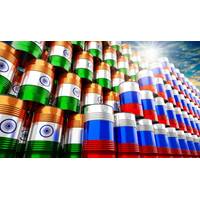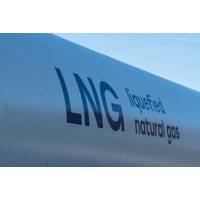Norway: Oil Firms Demand Excessive Offshore ROI
Oil companies in Norway are frequently demanding excessive returns on their investments, raising the risk that some oil will never be produced, Bente Nyland, the director of the Norwegian Petroleum Directorate said.
Energy firms have halted or delayed several profitable projects because the returns have not been big enough and this sort of behaviour is unacceptable, Nyland said on Wednesday.
Delays in projects, particularly to increase recovery from operating fields, risk leaving oil permanently in the ground, depriving Norway of vital budget revenue and shortening the lifetime of fields in an already mature area.
"We are doing the socioeconomic calculations and we are working with a 4 percent rate of return but when the industry is working with 6-8-10-12 percent, then we have a real problem," Nyland told Reuters on the sidelines of a conference.
"Projects that are very profitable from a socioeconomic perspective are put on hold because companies are expecting too big a margin; there is a big gap between what they see as profitable and what we see," Nyland said on Wednesday.
With oil prices plunging 30 percent since June, energy firms are cutting back on capital spending and marginal developments or increased recovery efforts have been the biggest victims of the cutbacks.
A delay in increased recovery often means oil is left in the ground permanently because once a platform is shut, it becomes too expensive to produce the last few barrels in a reservoir.
"The authorities don't want companies on the shelf who are only there to skim the fat from the milk," Nyland said.
One of the biggest projects in doubt is the lifetime extension of Statoil's Snorre field, where investments, including a new platform could yield about 300 million barrels of oil.
"We see it as a great project but the licence partner doesn't see that because they put a higher demand on the profitability," Nyland said. "We can't accept that profitable resources are not produced due to cost cutting."
A final decision on Snorre is not due until 2016 and Nyland said she was confident the licence partners, which also include the Norwegian state, would eventually approve the project.
"Recently we have seen too many examples of companies not agreeing, for example on tariff issues, or third party access to infrastructure, or taken too long to agree, and the resources have been lost," Nyland said.
Reporting by Balazs Koranyi


